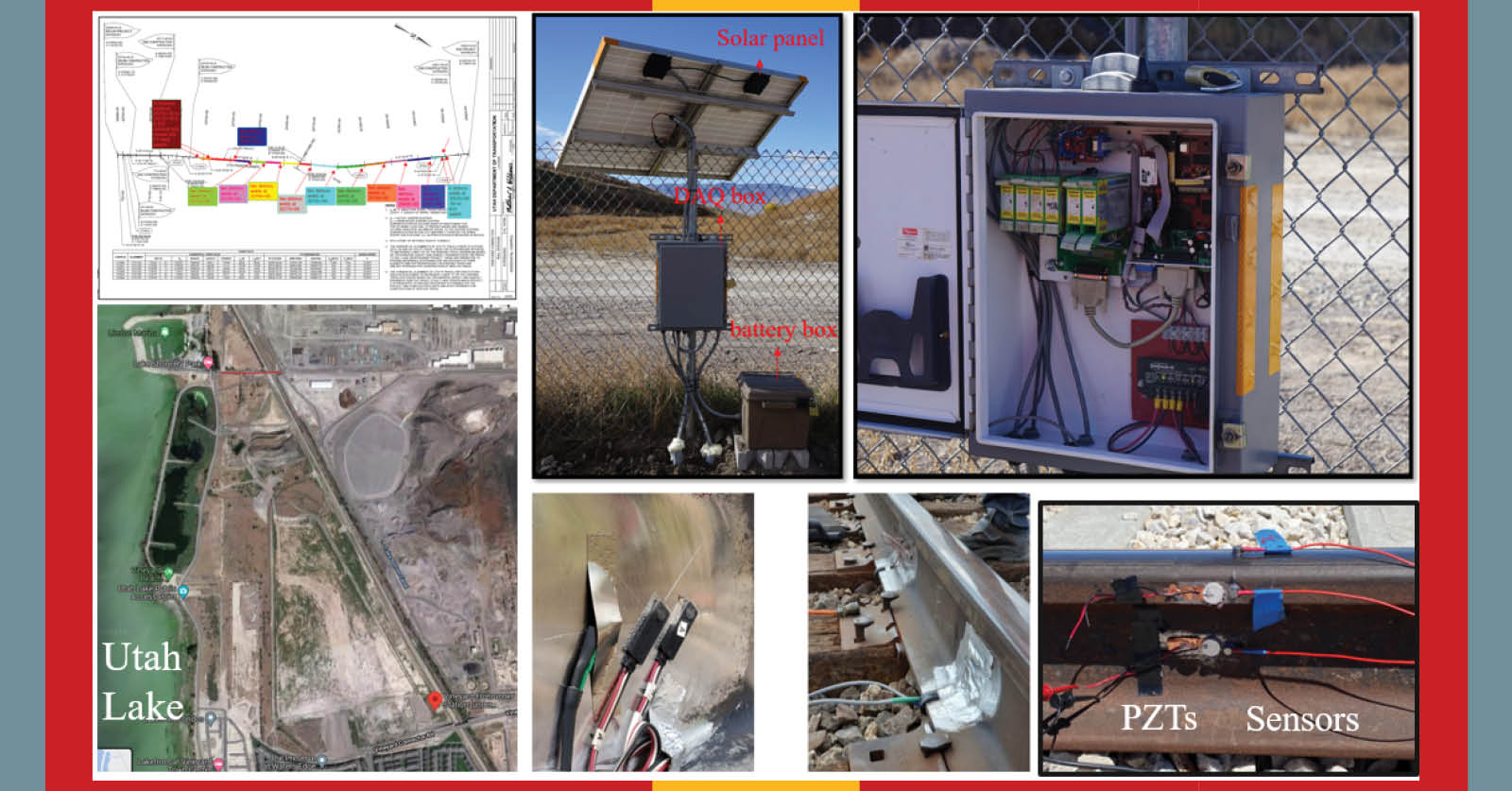Dr. Peter Zhu’s Rail Engineering Proposal Secures Funding for Innovative Research
Dr. Peter Zhu, Professor of Civil and Environmental Engineering at the University of Utah, recently secured funding to enhance railroad infrastructure safety, resilience, and efficiency. Crafted in collaboration with the University of Illinois, his research proposal has been accepted for funding by the Association of American Railroads (AAR) as part of their 2024 Grand Challenges in Railroad Engineering.
Managed in partnership with MxV Rail, the AAR’s call for proposals received nearly 40 submissions vying for limited funding slots. Titled “Improvements on Machine Learning – Rail Neutral Temperature Predictive Tool,” Dr. Zhu’s innovative approach to addressing critical issues within the railway industry ultimately secured the funding to move forward with his project.
One of the most pressing challenges faced by the railway sector is the risk of rail thermal buckling, a leading cause of train derailments. Further, with the rising average temperatures and increasing occurrences of extreme heat events, the risk of thermal buckling now poses significant challenges to the reliability of rail networks.
To mitigate this risk, Dr. Zhu’s research will work to engineer superior load and stress measurement techniques in railroads by using machine learning algorithms and cutting-edge technologies. By utilizing contactless measurement techniques and machine learning models, the team aims to enable real-time anomaly detection of thermal stress at a network level.
Leveraging this funding from MxV Rail and AAR and existing fully instrumented test site on the UTA’s Frontrunner track, Dr. Zhu‘s team will work to pioneer advancements in detecting thermal stress anomalies with in-motion sensing technology to make significant contributions towards enhancing rail infrastructure safety, resilience, and efficiency.
We look forward to seeing the power of interdisciplinary research, collaborative partnerships, and engineering excellence in Dr. Zhu’s work on this project!

